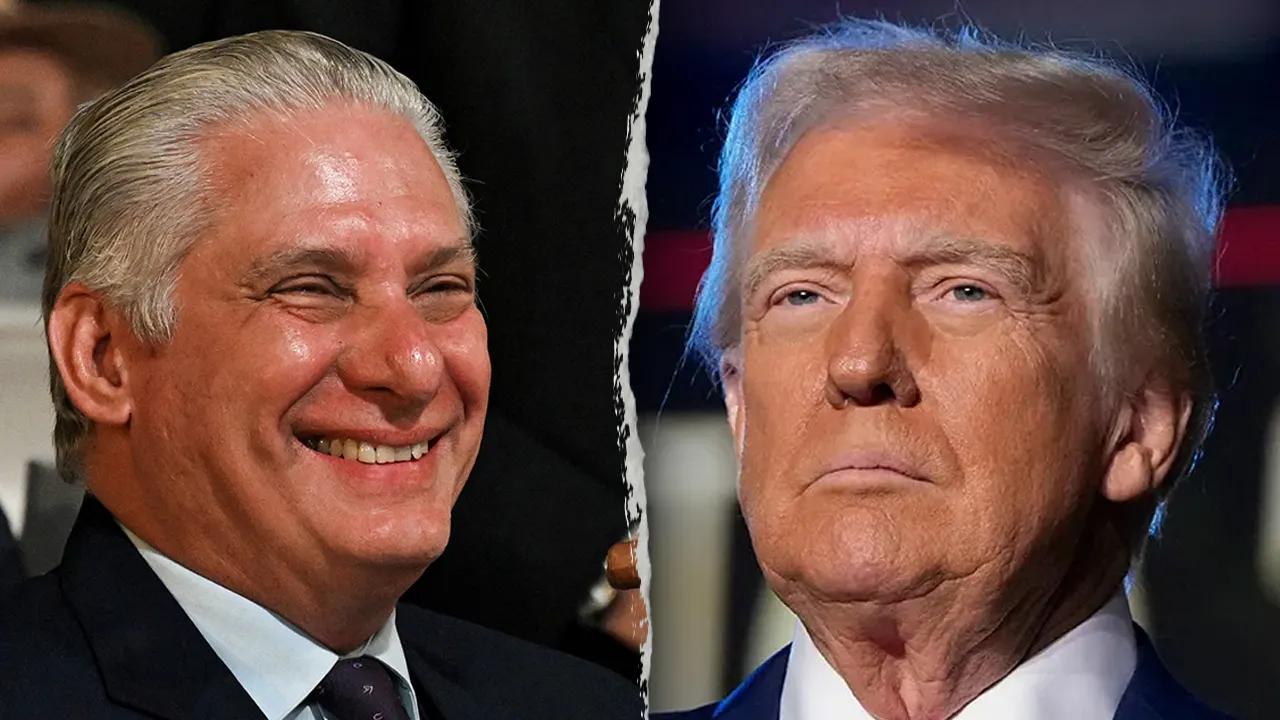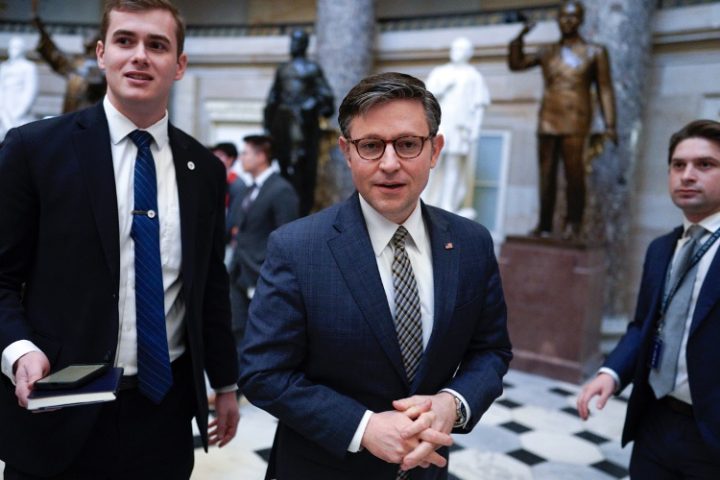
It appears the globalists at Davos have found themselves a new bright, shiny object to take hold of their attention.
As a recent report at CNBC notes, this year’s World Economic Forum (WEF) has seen a marked shift away from the buzz surrounding cryptocurrencies that characterized previous years, with a new focus being placed on artificial intelligence.
The main strip during the 2024 WEF is dominated by the world’s biggest companies pushing their AI products and services, a response to the rapid rise of groundbreaking AI technologies like ChatGPT. Among the major firms competing to show off their AI prowess are Intel, Salesforce, and Swiss telecom giant Swisscom.
“Today, there are very few crypto houses along the Promenade. They’re all AI houses, which is good,” said Dante Disparte, chief strategy officer of the U.S.-dollar based cryptocurrency stablecoin.
CNBC related the history of the crypto craziness at Davos and how it has now given way to the AI rush:
For example, at the World Economic Forum in January 2022, even after the price of cryptocurrencies had collapsed, firms were touting “Bitcoin Pizza Day” and so-called non-fungible tokens. In January 2023, as the crypto winter had set in, firms pulled back on splashing the cash at Davos, but there was still a heavy presence from the industry, [including] a mysterious orange bitcoin car.
… PitchBook’s Emerging Tech Indicator, which tracks angel, seed, and early stage investments at the world’s 15 most successful venture firms, found that AI and machine learning startups gained far more investment in the third quarter. The buzzy tech pulled in around $600 million over the three months, compared to just over $100 million for Web3 and decentralized finance companies.
Nvidia, which was the poster child for AI in the public markets, saw a 239% rally in its stock in 2023. The AI hype shows little signs of fading.
Disparte compared the recent developments in AI to the dotcom bubble, which saw rapid innovation and volatility eventually give way to a more stable internet atmosphere. He also suggested that cryptocurrency has become a “background technology.”
“Background technology” refers to technology that has become seamlessly integrated into life and work, operating inconspicuously in the background, without drawing significant attention. Thus, the technology becomes an essential and pervasive part of the infrastructure, processes, or systems without being the primary focus of attention.
For Disparte, then, cryptocurrency and blockchain technology are becoming more integrated into traditional financial and technological systems.
There’s some truth to that assessment. Cryptocurrencies, especially stablecoins, are increasingly being integrated into traditional financial systems. This integration suggests a move toward mainstream adoption and perhaps even an eventual replacement of traditional physical currency with digital coin.
In particular, the Federal Reserve and other central banks around the world have been exploring the use of central bank digital currencies (CBDCs) under the guise of improving the efficiency of payments and settlements.
However, CBDCs raise a host of concerns, including privacy issues, technological risks, financial stability, and overreliance on technology. They create the risk of stifling innovation by creating a centralized digital currency, which in turn puts the freedom of the people in jeopardy — especially because, as The New American has repeatedly documented, the Federal Reserve is a private financial cartel that is not even accountable to the federal government, much less to the people themselves.
While Disparte’s remarks referred to crypto as becoming a background technology, AI is on the same track, as it becomes increasingly integrated in many spheres of life — arguably to an even greater degree than cryptocurrencies. Indeed, the two are now being combined.
For example, there is the growing sophistication of algorithmic trading; AI algorithms are extensively used in cryptocurrency trading. Automated trading bots powered by AI analyze market data, identify patterns, and execute trades at high speeds, making split-second decisions based on predefined criteria.
AI also plays a role in tokenizing real-world assets and managing digital assets. Tokenization involves representing real-world assets as digital tokens on a blockchain. AI-powered platforms facilitate the efficient management and trading of these tokenized assets.
Finally, AI is used for blockchain analytics, fraud detection, and security. Given the enormous responsibilities now being delegated to artificial intelligence, the question of who controls AI and what parameters are placed upon it is one with profound ramifications for society at large.
This is why it is crucial that patriots learn these technologies and prevent those aligned with the globalist agenda from gaining a monopolistic stranglehold on the market. As The New American has documented, some ambitious entrepreneurs with ideologically right-wing views, such as Gab founder Andrew Torba, are already developing AI tools that are ostensibly free of Establishment left-wing biases.
Ultimately, the globalists want total control over the world population. While government control is one option for them, they also hope to obtain power by controlling the technologies that fuel the modern economy. Their efforts must be resisted.
Shop For Night Vision | See more…
Shop For Survival Gear | See more…
-
Sale!

Japanese 6 inch Double Edged Hand Pull Saw
Original price was: $19.99.$9.99Current price is: $9.99. Add to cart -
Sale!

Tactical Camo Nylon Body Armor Hunting Vest With Pouch
Original price was: $49.99.$39.99Current price is: $39.99. Select options This product has multiple variants. The options may be chosen on the product page -
Sale!

Mesh Shooting Hunting Vest with Multi Pockets
Original price was: $59.99.$39.99Current price is: $39.99. Add to cart

































 Reaction & Commentary
Reaction & Commentary










